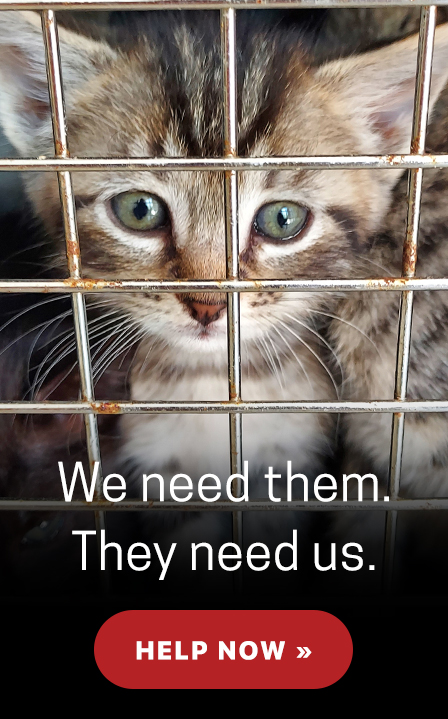We started this series discussing the crucial role that megafauna, our world’s largest animals, play in maintaining their ecosystems. They are essential to preserving biodiversity and wildlife for generations to come.
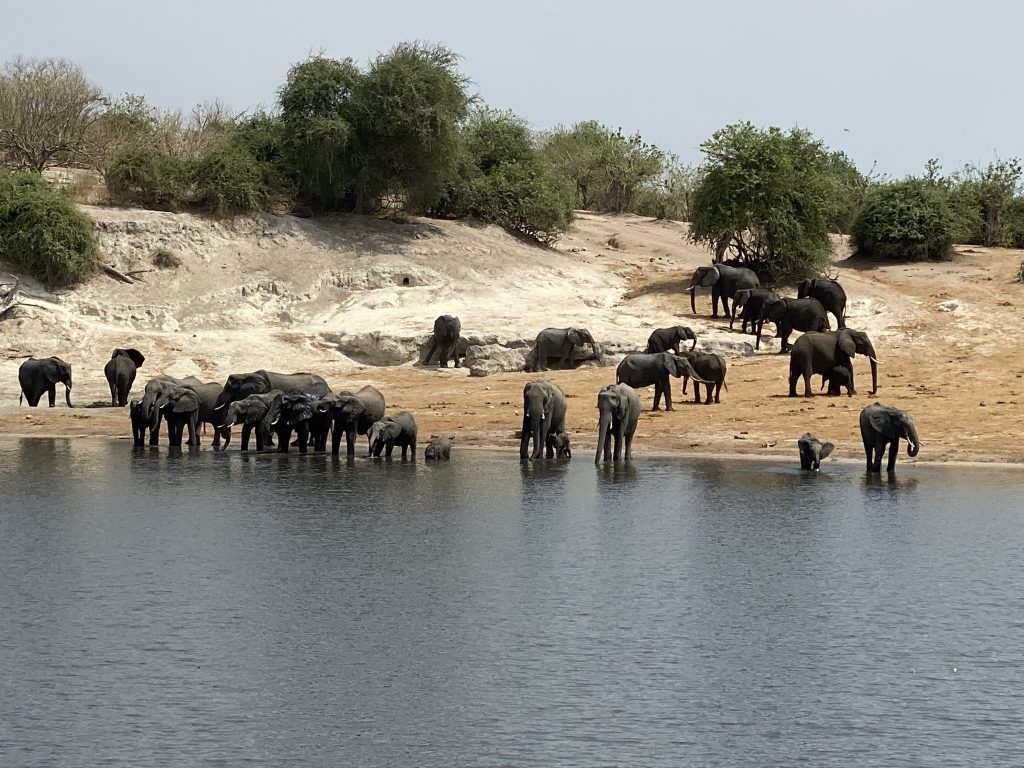
The threats facing their existence – trophy poaching, bushmeat hunting, habitat destruction and an increasingly inhospitable environment – are all the result of human activity. How can humans help if we are the problem?
Indeed, humans have historically caused the decimation of megafauna around the globe, on every continent except for Antarctica. There are so many animals that we will never see in person because our ancestors killed them off.
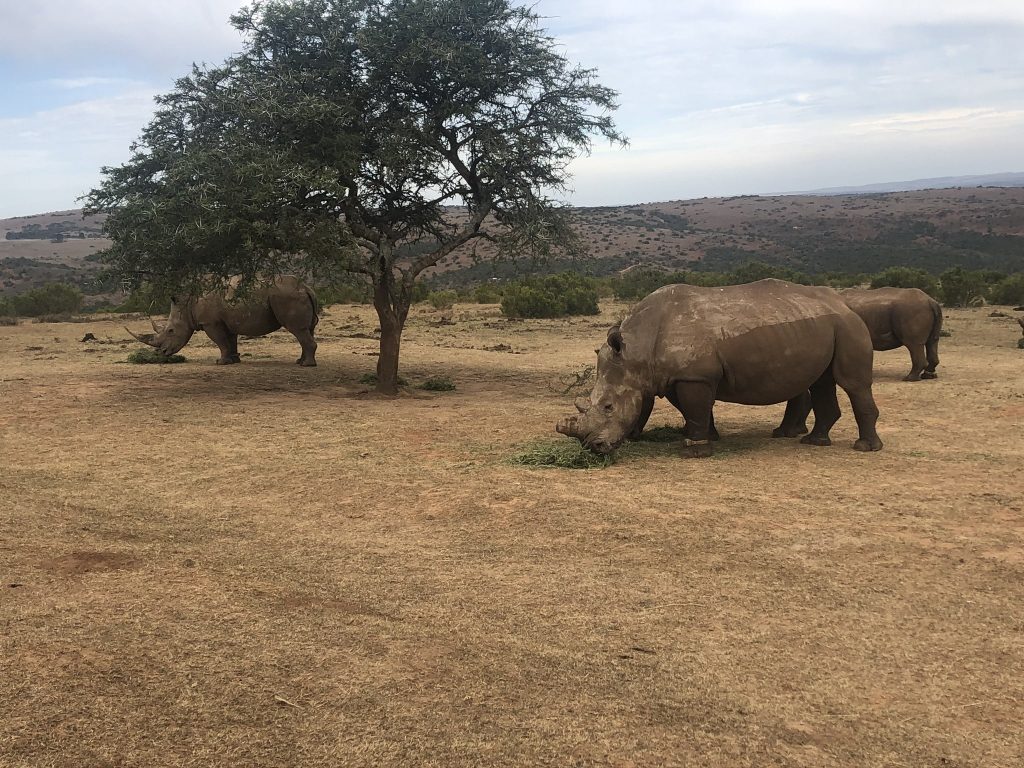
In Eurasia, there were hornless rhinoceroses whose shoulders towered more than 15 feet above the ground and weighed more than 10 times what current rhinoceroses weigh. And in South America, there was a sloth the size of an elephant that weighed nearly 8,000 pounds.
Africa’s biodiversity is the last vestige of another world, one we can never bring back. Today, we risk losing the megafauna in Africa unless we heavily invest in conservation and preservation efforts. Humans can and must play a role in the protection of threatened species.
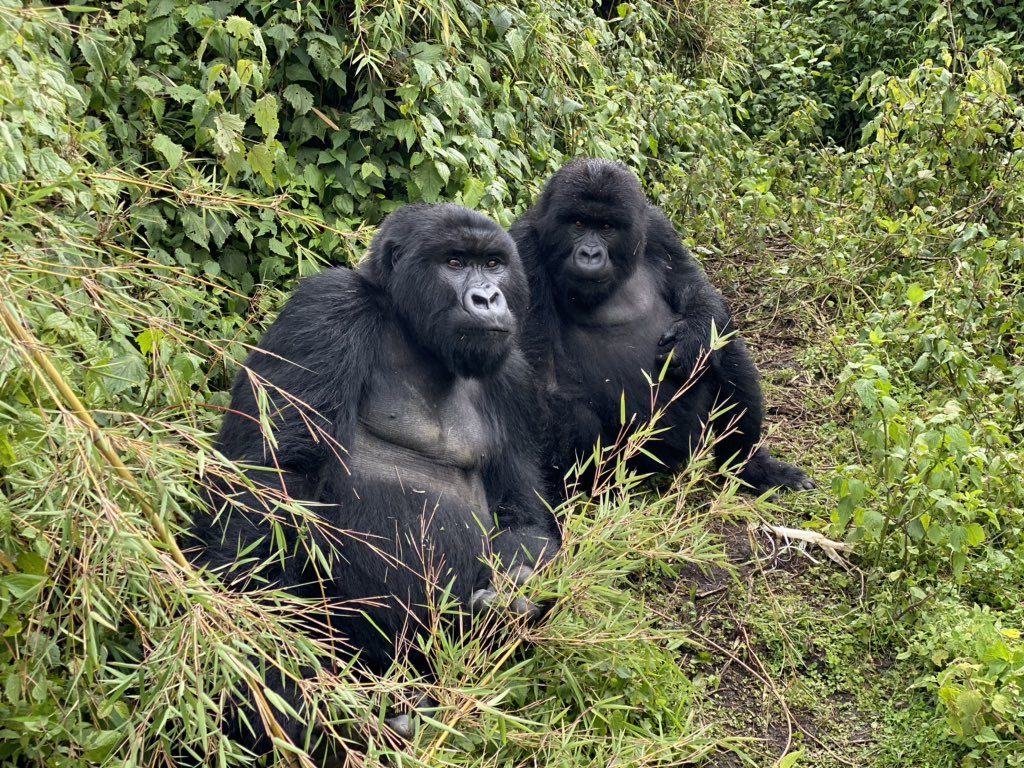
At the beginning of this series, I quoted from a group of more than 40 scientists to discuss the importance of megafauna and I will again rely on their expertise to explain how humans can conserve these magnificent animals. According to these experts, responsible ecotourism can draw tourists to countries with terrestrial megafauna and contribute “considerable revenue to conservation” and “contribute significantly to education, economies, job creation, and human livelihoods.”
The path forward can help both at-risk animals and the humans that live near them. Ecotourism, conducted responsibly and with animals as the top priority, can conserve and preserve these species.
It’s imperative that we save these animals before it is too late. Africa’s terrestrial megafauna inspire people around the world, lighting a fire for conservation in the hearts of young children, capturing our collective imagination and instilling a sense of wonder, awe and respect for wildlife. If we lose them, there is no bringing them back.
Your partner in helping our animal friends,
![]()
Robin R. Ganzert, Ph.D.
President and CEO, American Humane
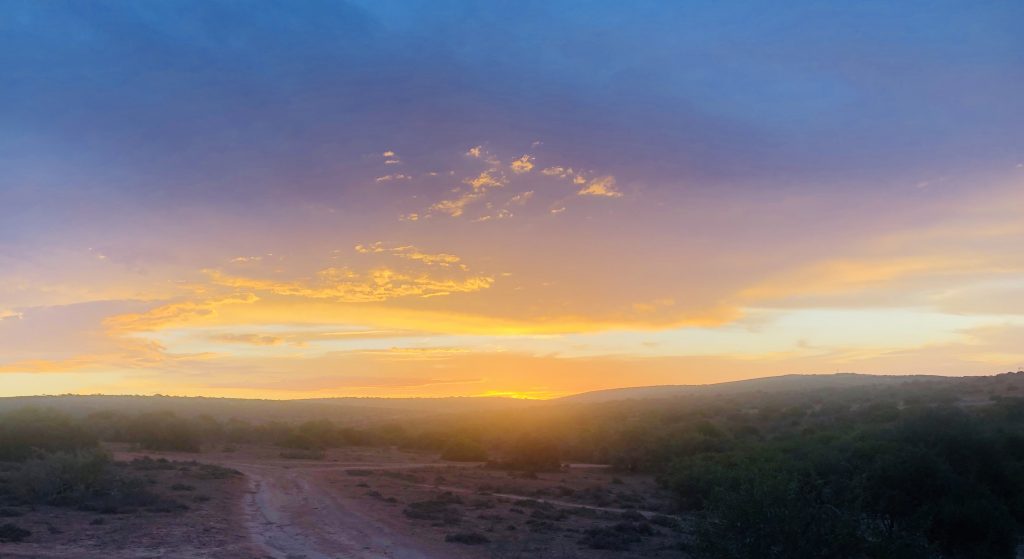

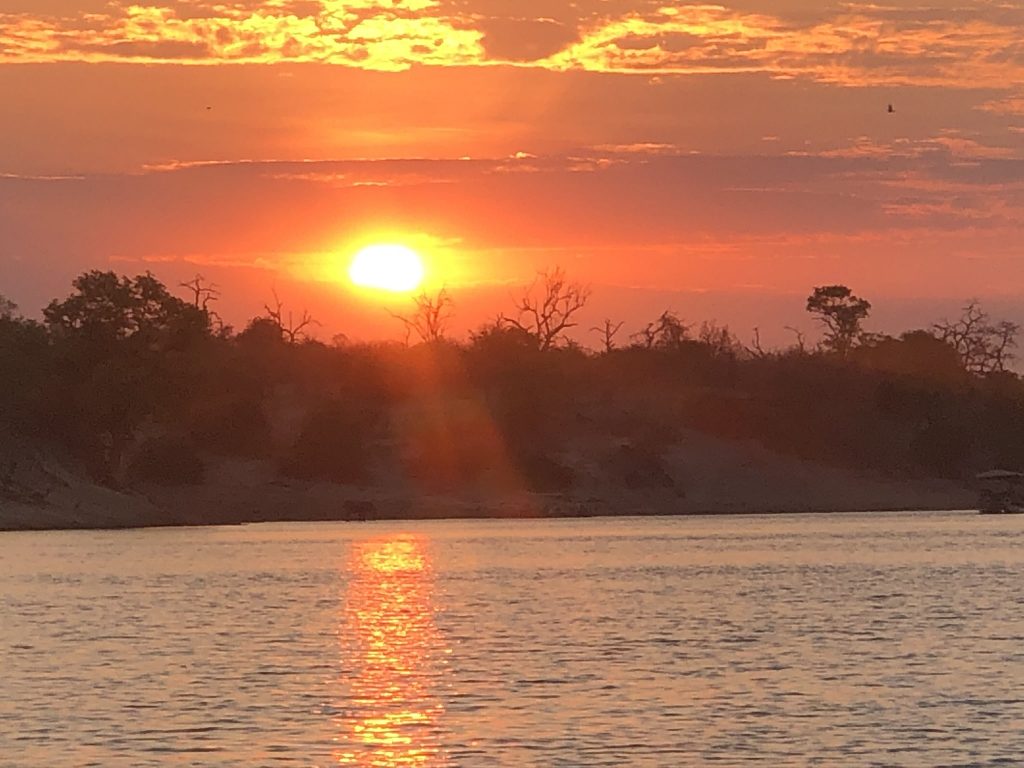
 Robin R. Ganzert, Ph.D.
Robin R. Ganzert, Ph.D. 